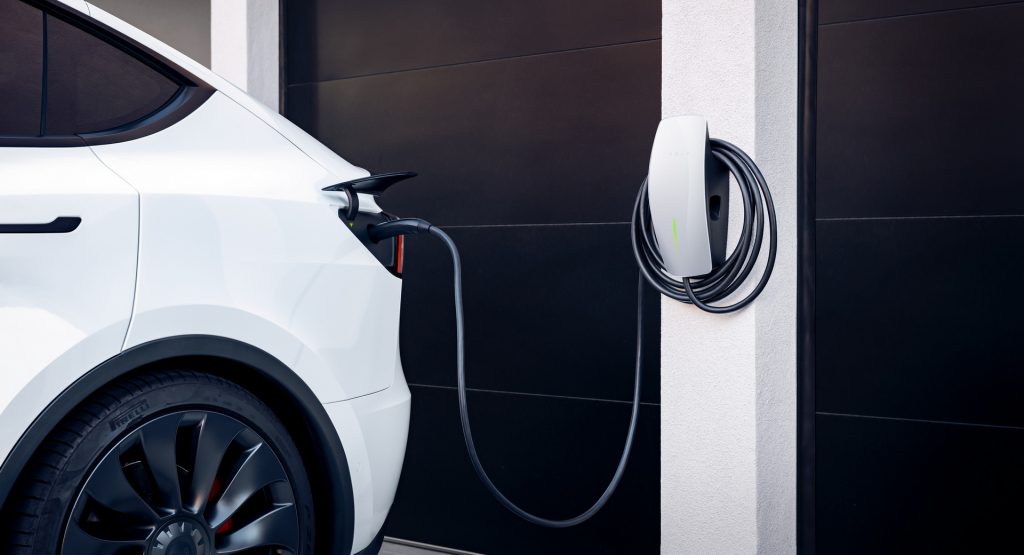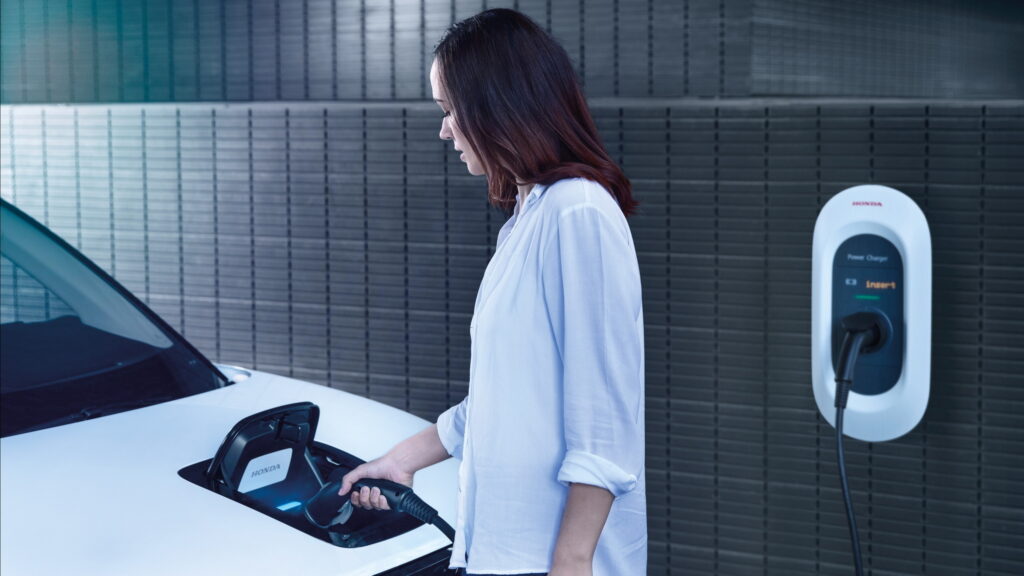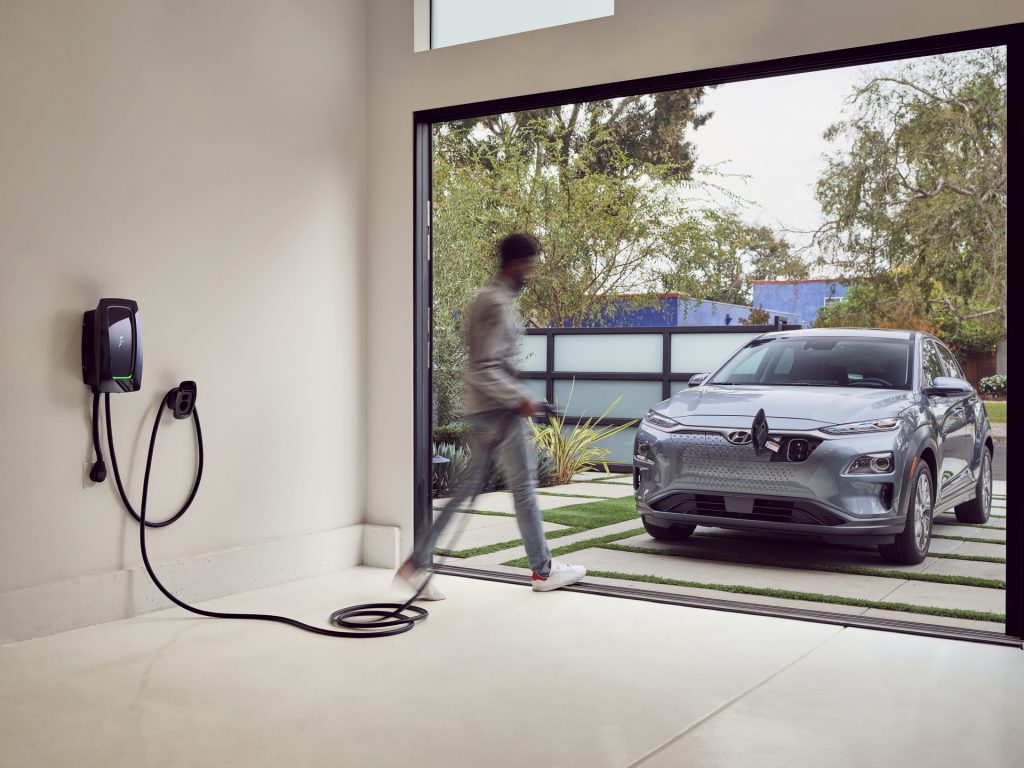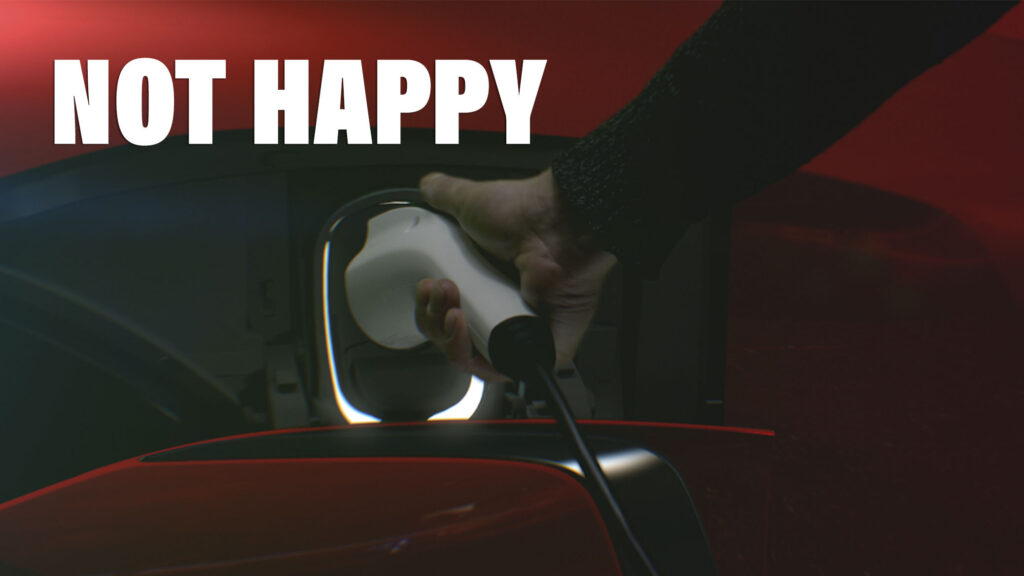If you’re an EV owner, you’ll know it makes sense to keep your car’s batteries topped up at home, with two-thirds of buyers opting to outfit their houses with level 2 chargers. But, according to a new study, the seeds of discontent have been creeping in as U.S. EV owners become increasingly dissatisfied with their home-based chargers.
Slow Speeds, Increasing Costs, And Poor Education Leads To Dissatisfaction
According to J.D. Power, those who have their own Level 2 chargers are frustrated with a combination of rising electricity costs and slow charging speeds. On a 1,000-point scale, EV owners’ satisfaction with their chargers is down 12 points, year-on-year, to 740.
Read: U.S. Government Commits $2.5 Billion To Grow EV Charging Infrastructure
There’s also the matter of education, with just under half of those surveyed reporting that they were unaware of their utility company’s schemes to aid in home charging. “Customers are looking to utility companies to help manage rising costs,” said Adrian Chung, director of utilities intelligence at J.D. Power. “By increasing awareness of available rebates or incentives, EV owners will benefit.”
Tesla Owners Continue To Smile

It’s not all bad news, though. The study found that those with permanently-mounted level 2 chargers are far happier than those with portable level 1 chargers. The ability to schedule charging is also an important aspect, with 35 percent of those who utilize this facility recorded as more satisfied — more so if it’s possible via the car’s own app vs. third-party charger options.
However, when satisfaction is analyzed according to brand, it’s clear that the legacy carmakers have some catching up to do. Chevrolet’s home charging solutions polled at a dismal 683 points in the satisfaction ratings, while Ford, with 699 points, didn’t do much better. Tesla owners, on the other hand, are the happiest with their charging solutions, recording a satisfaction score of 790.
The Importance Of Charging Satisfaction

If automakers want owners to trade in their ICE vehicles for EVs, then ensuring that home charging is not just up to the mark but is painless and hassle-free is a must. “Whether you’re an automaker, dealer or utility company participating in the EV ecosystem, improving the EV owner experience with respect to home charging should be a common goal shared by all,” said Brent Gruber, executive director of the EV practice at J.D. Power.
Are you an EV owner who’s faced with lackluster charging solutions? Let us know in the comments below.





